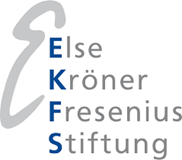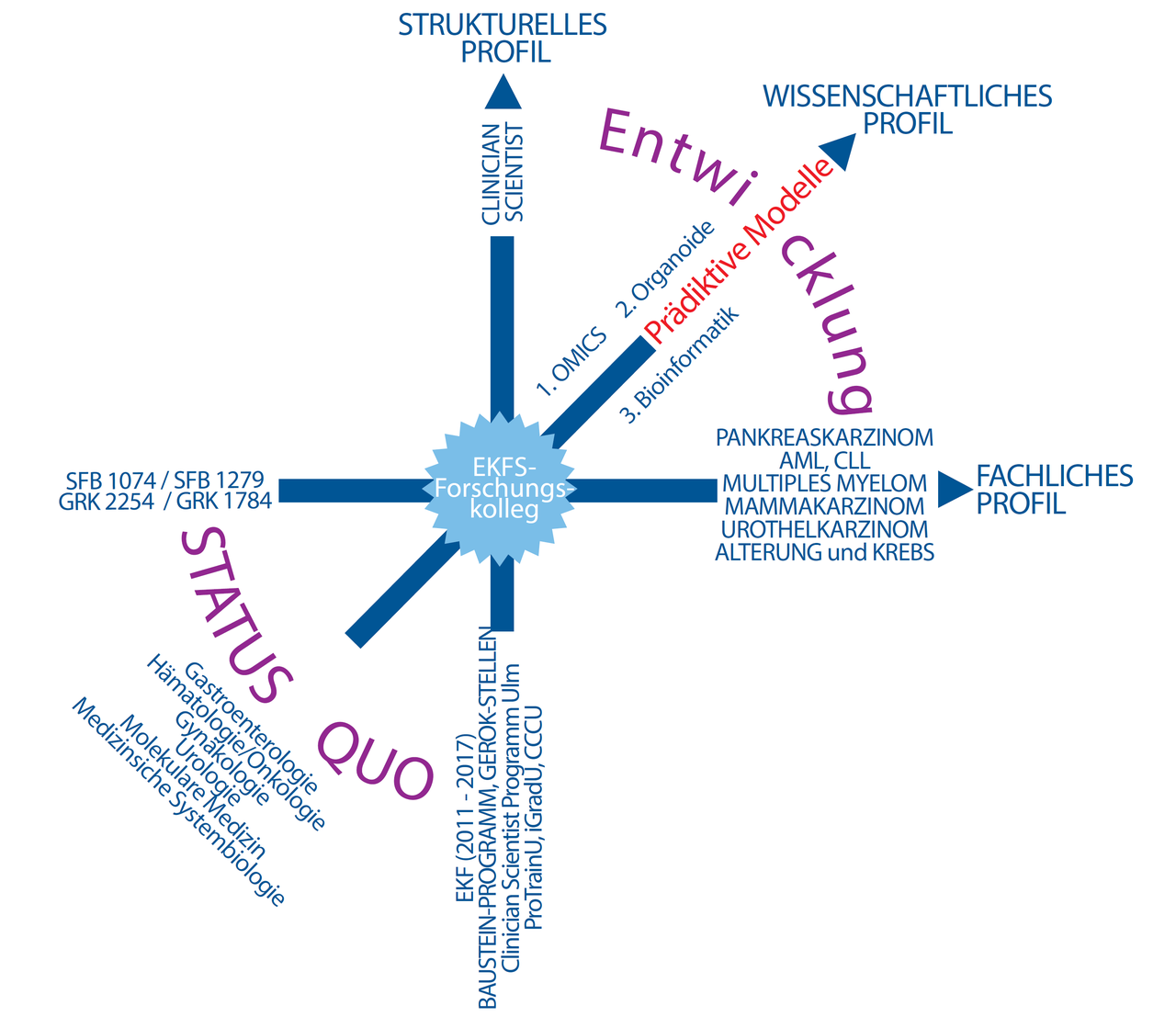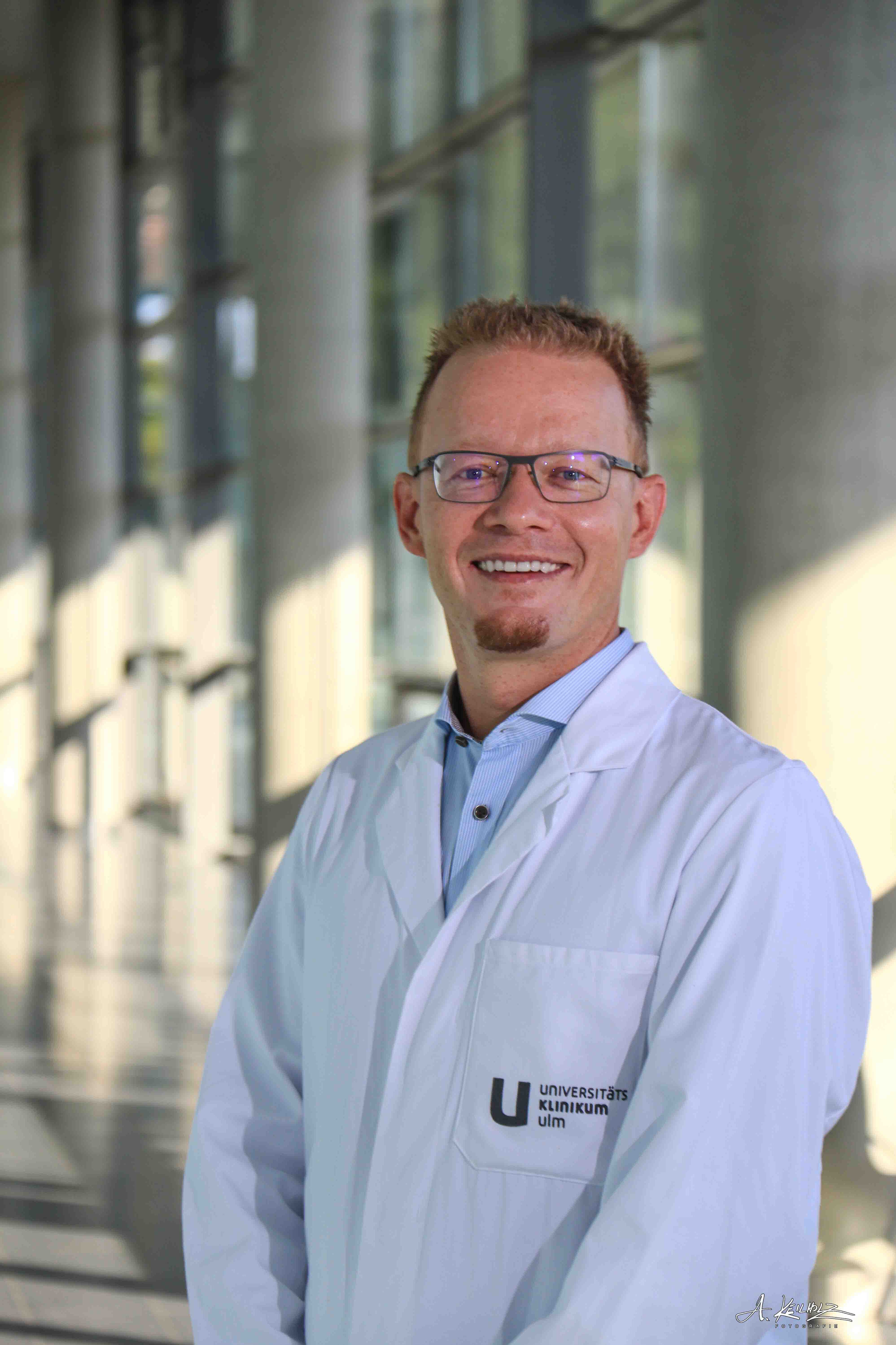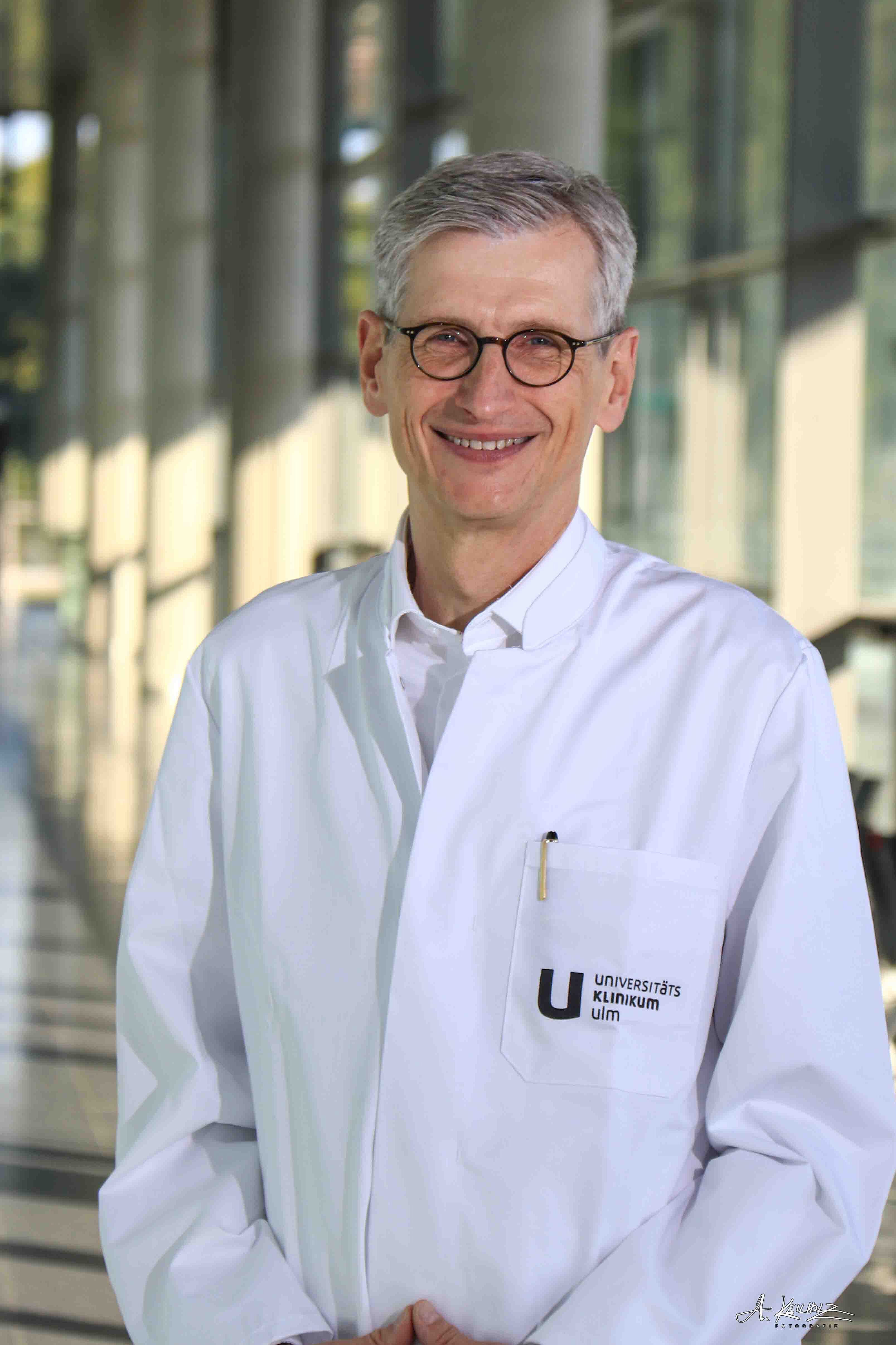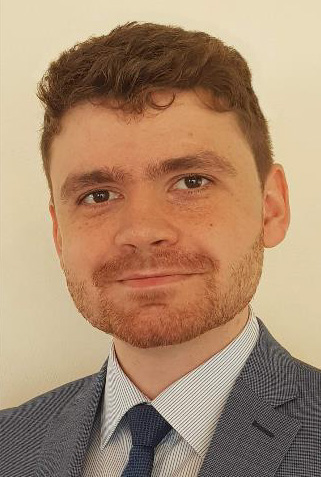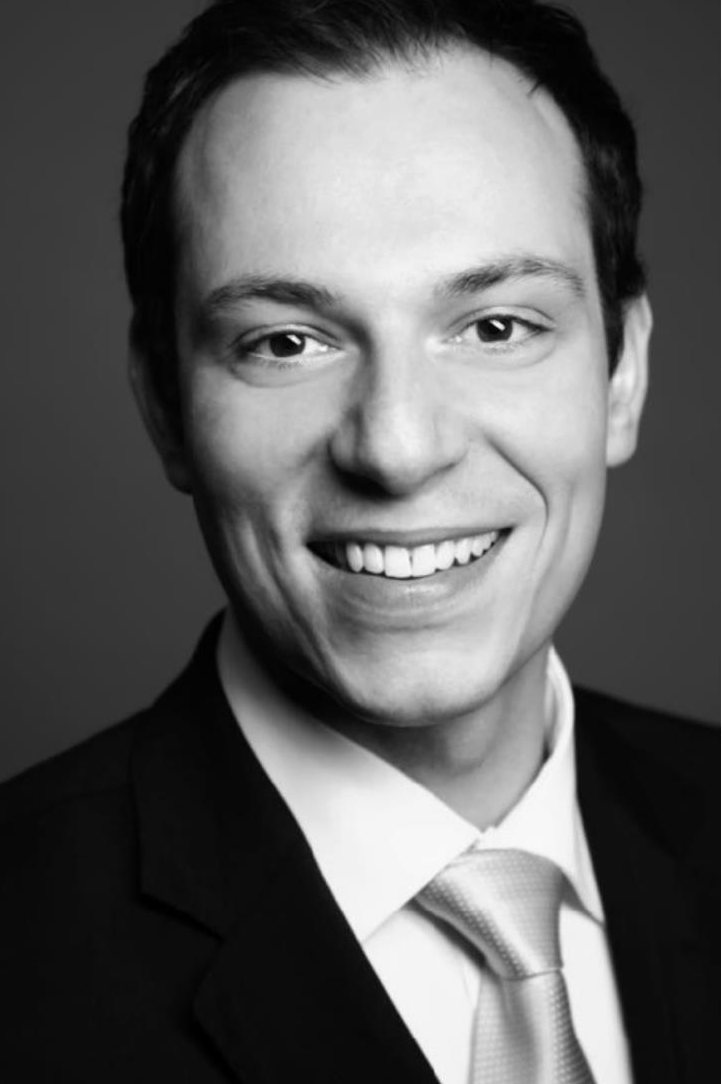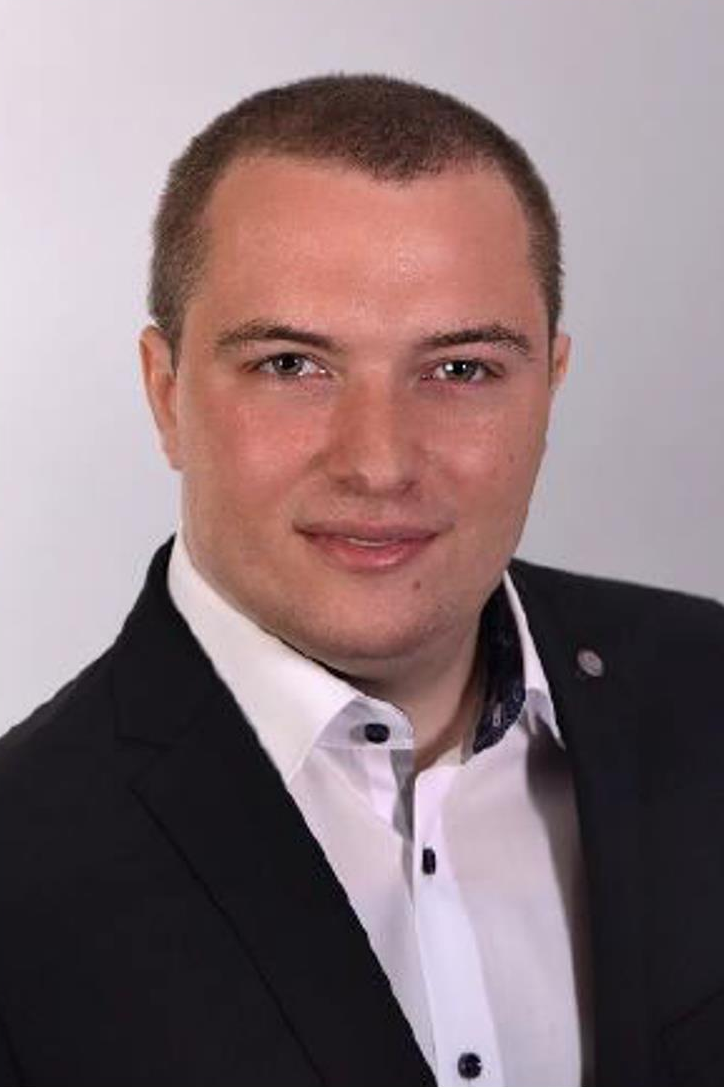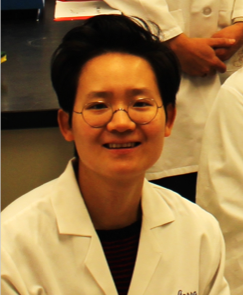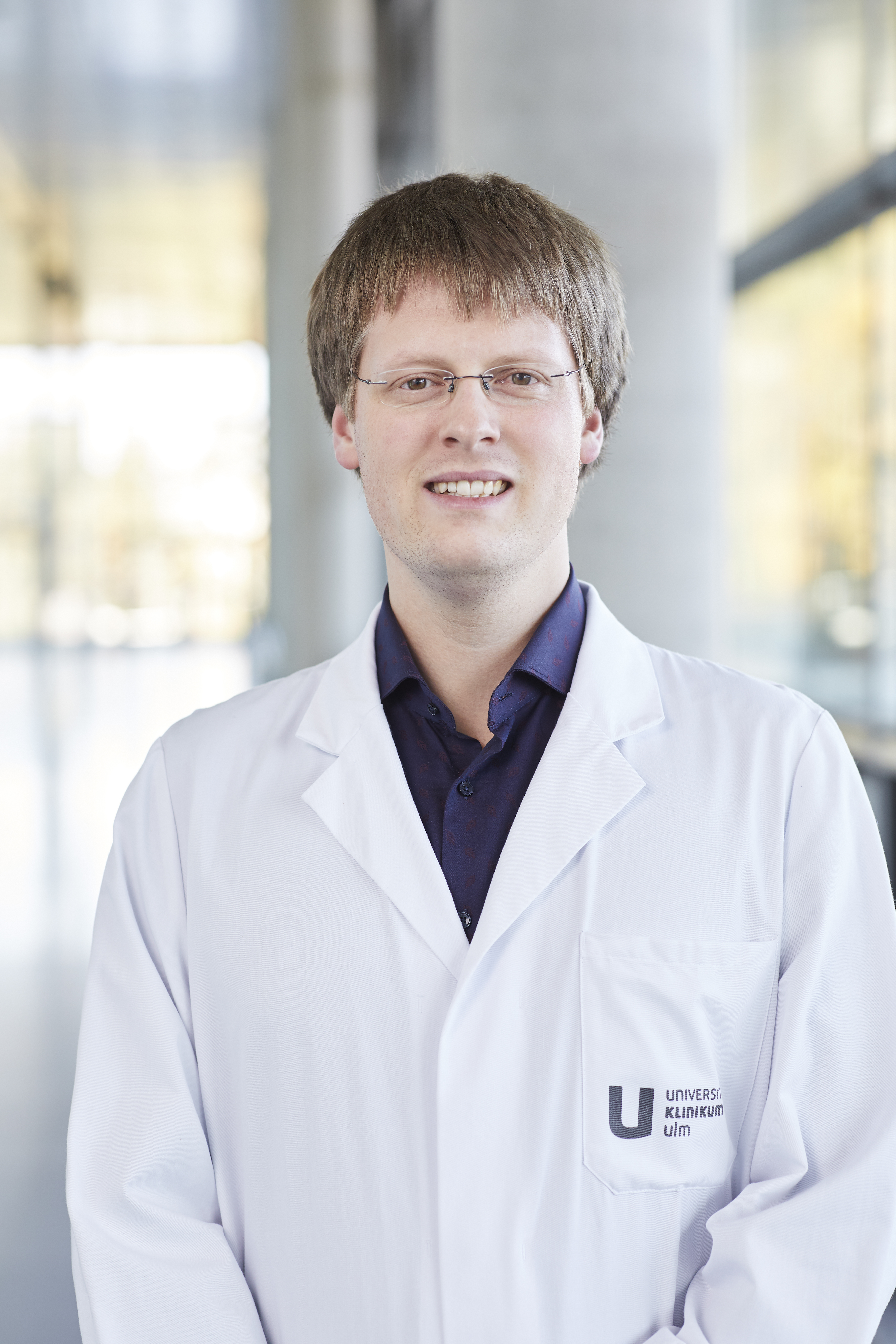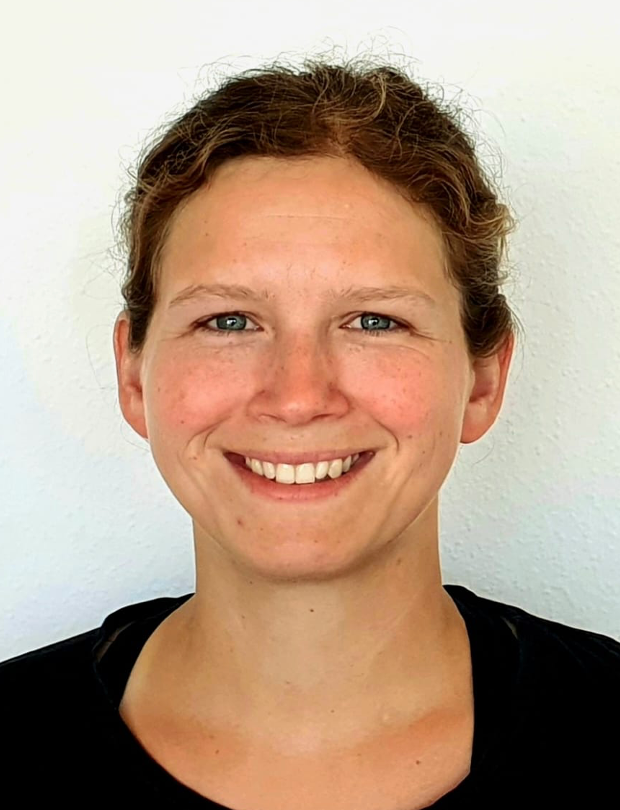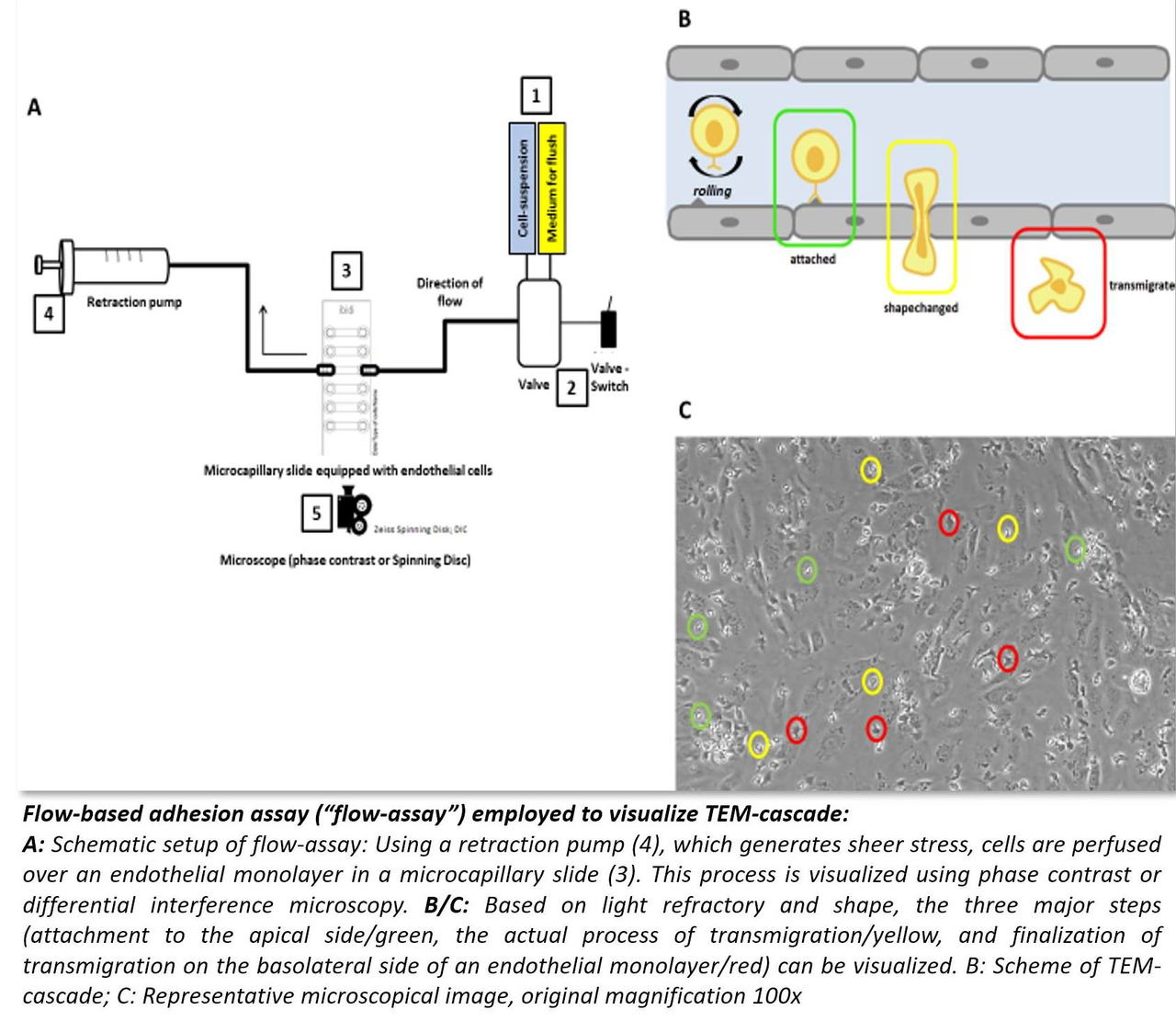Dr. med. Michael Melzer, Klinik für Urologie
Patient-derived and stem cell-derived organoids as a predictive tool for personalized medicine
Patient-derived organoids present a unique opportunity to strive for personalized medicine. Isolation and propagation of tumor cells from patients with urological malignancies such as bladder cancer holds great promise to improve the survival of individuals with locally advanced or metastasized disease. Recruiting patients with bladder cancer before treatment will enable us to compare the in vitro response of organoids with the actual response of the patient. By comparison of numerous patients with their respective organoids, we will validate the method in preparation for an early phase clinical trial to implement organoid systems into the clinical routine.
In a second approach, we will employ stem-cell-derived organoids to understand the onset and progression of bladder cancer. Orchestration of different compounds in vitro allows directing the differentiation of pluripotent stem cells into virtually every somatic cell type. Setting up a urothelial differentiation protocol will allow unlimited access to genetically well-defined urothelial cells to serve as a starting point for modeling early steps during bladder cancer carcinogenesis. Introducing inducible oncogenes and knockout of tumor suppressors into pluripotent stem cells will allow to follow the genotype-dependent fate of individual stem cell-derived urothelial cells to luminal or basal tumor types and ultimately mediate a new understanding of tumor biology.
In a third approach, we will apply different stem-cell-derived cell and organoid types such as blood vessel organoids or smooth muscle cells to substantiate in vitro urothelial (cancer) organoids with their genuine niche. Generating multicellular systems will enhance our understanding of tissue development and tumor evolution and generate access to unique, sophisticated model systems

